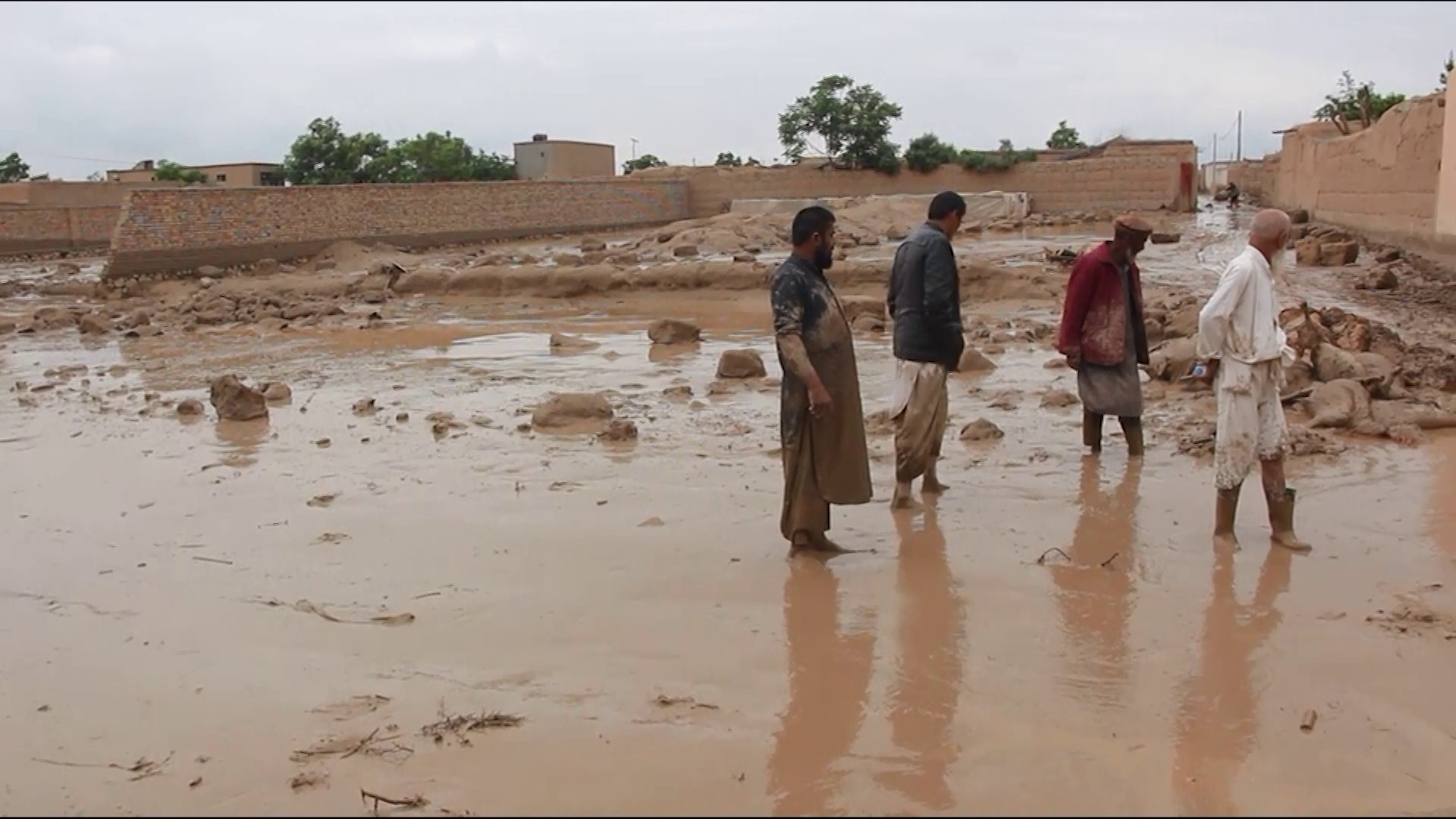Afghanistan remains among “the world’s top 10 climate-impacted countries.”
Qatar expressed its “full solidarity” with Afghanistan on Saturday after the country faced deadly flash floods that hit the northern province of Baghlan and claimed more than 300 lives.
In a statement, Doha’s foreign ministry extended the country’s condolences to the victims’ families and wished the wounded a speedy recovery. It also expressed its readiness to assist Afghanistan in light of the disaster.
“The Ministry of Foreign Affairs stresses the State of Qatar’s firm support to Afghanistan and its brotherly people, and voiced its complete readiness to cooperate with the relevant authorities in Afghanistan to provide all means to help overcome crises,” the statement said.
The floods were triggered by heavy seasonal rains, with the provinces of Badakhshan, Baghlan, Ghor and Herat the worst hit, according to Zabihullah Mujahid, spokesman of the Taliban-led acting Afghan government.
In a statement on X, Mujahid said that “hundreds” of Afghans died as a result of the floods and “a substantial number have sustained injuries.”
The World Food Programme separately confirmed that the floods killed more than 300 people and destroyed more than 1000 houses.
“This has been one of many floods over the last few weeks, due to unusually heavy rainfall. WFP is now distributing fortified biscuits to the survivors,” it said in a statement.
The crisis-hit country is already recovering from deadly earthquakes that struck the country late last year, where thousands were killed.
Salma Ben Aissa, Afghanistan director for the International Rescue Committee (ICRC), said the floods “caused a major humanitarian emergency” in the country
She noted that Afghanistan “is still reeling from a string of earthquakes at the beginning of this year as well as severe flooding in March.”
“The continuation of climate-induced disasters in Afghanistan ought to be cause for grave concern: devastated by decades of conflict and economic crisis, the country has faced setback after setback as it tries to find its feet,” the ICRC official said.
Ben Aissa stressed that the devastating climate disasters “should sound an alarm bell for world leaders and international donors.”
“We call upon them to not forget Afghanistan during these turbulent global times. Afghans need our support now more than ever,” she said.
The UN also said that Afghanistan remains among “the world’s top 10 climate impacted countries.”
Afghanistan has faced decades of conflicts that exacerbated its dire humanitarian and economic situation, particularly following the Taliban’s capture of Kabul in 2021.
Some donors have been hesitant to provide the country with aid since the new acting administration came to office.
Almost two-thirds of the population needed aid by the end of 2023, according to Human Rights Watch.
Qatar’s support for Afghanistan
The Gulf state has been at the forefront of humanitarian and political efforts in Afghanistan for over a decade.
Qatar had opened the Taliban’s office on its lands in 2013 at the request of the United States, a move that enabled it to bring together both sides for talks in 2020.
The talks resulted in the Doha Agreement, which had laid out the withdrawal of foreign troops from Afghanistan.
During the same year, Qatar brought together members of the Taliban and the former Afghan government for talks in 2020 to reach a peaceful settlement. Qatar continued to hold mediation talks until the last stretch, just days before the Taliban captured Kabul in 2021.
In the wake of the Taliban’s takeover, Qatar led history’s largest airlift of people and successfully evacuated more than 80,000 Afghans and foreigners from the country.
Doha continued its communications with the acting Afghan government.
It also extended a helping hand to Afghanistan last October by sending aid to the country after the deadly earthquake in Herat.







